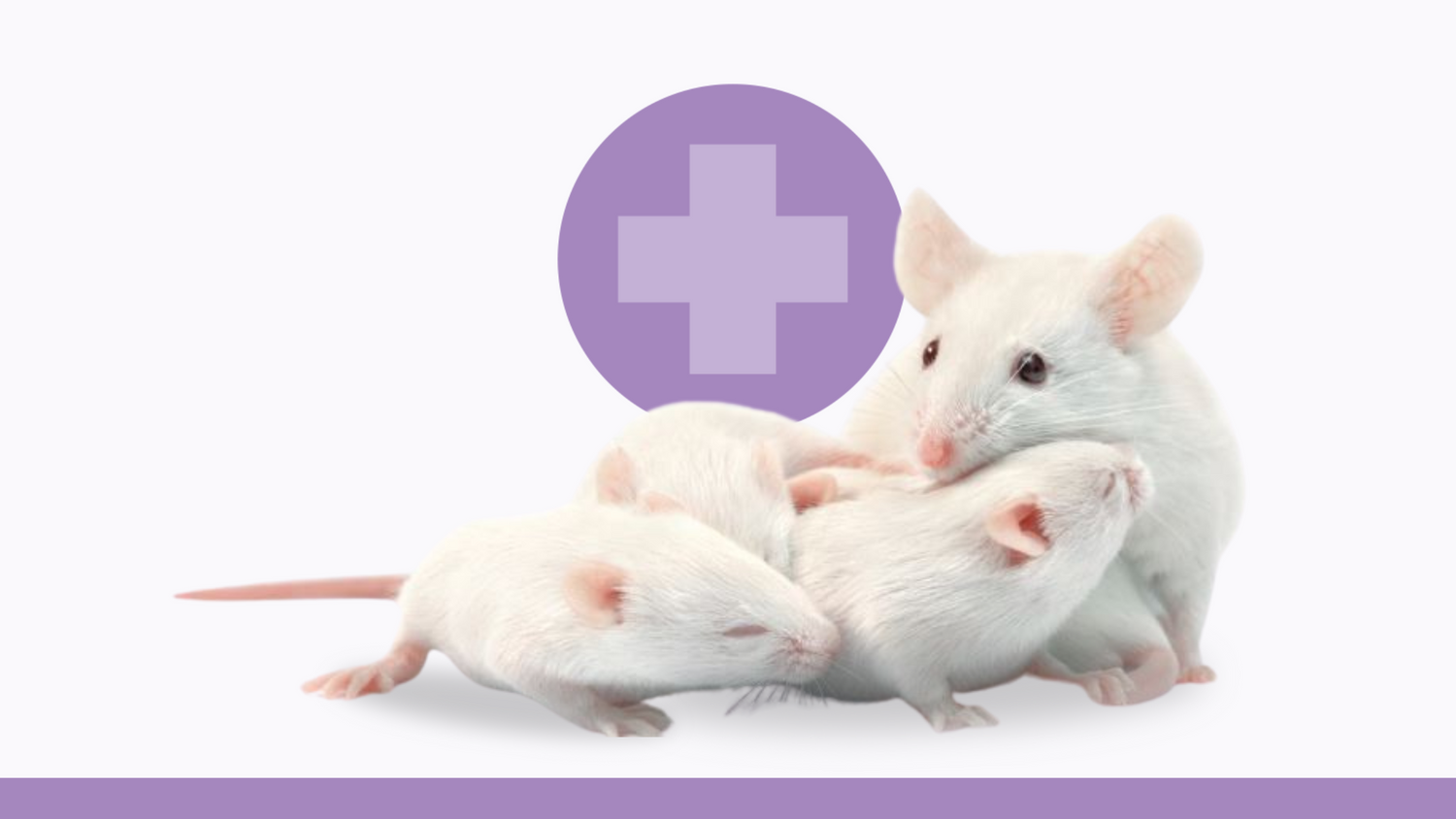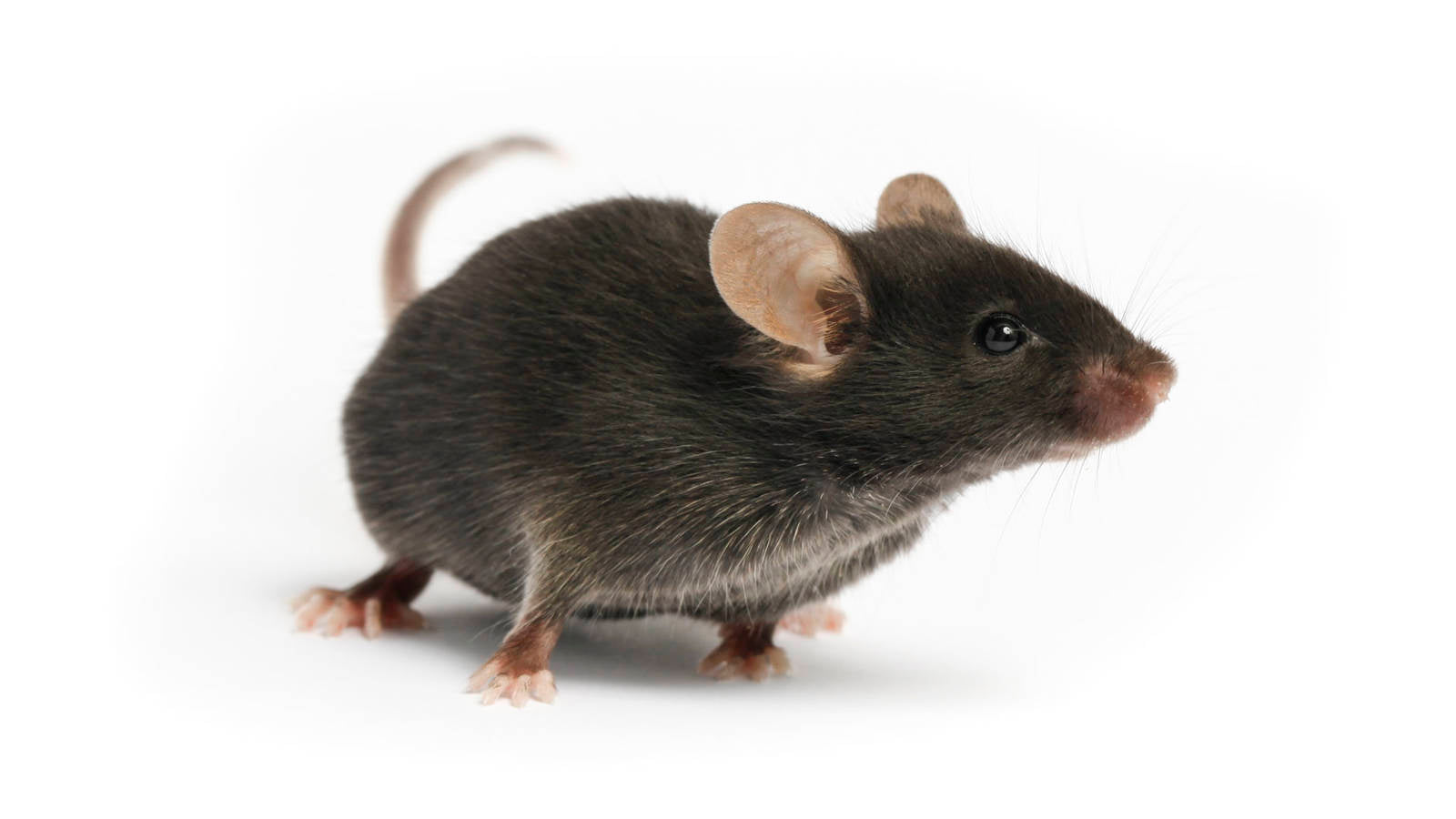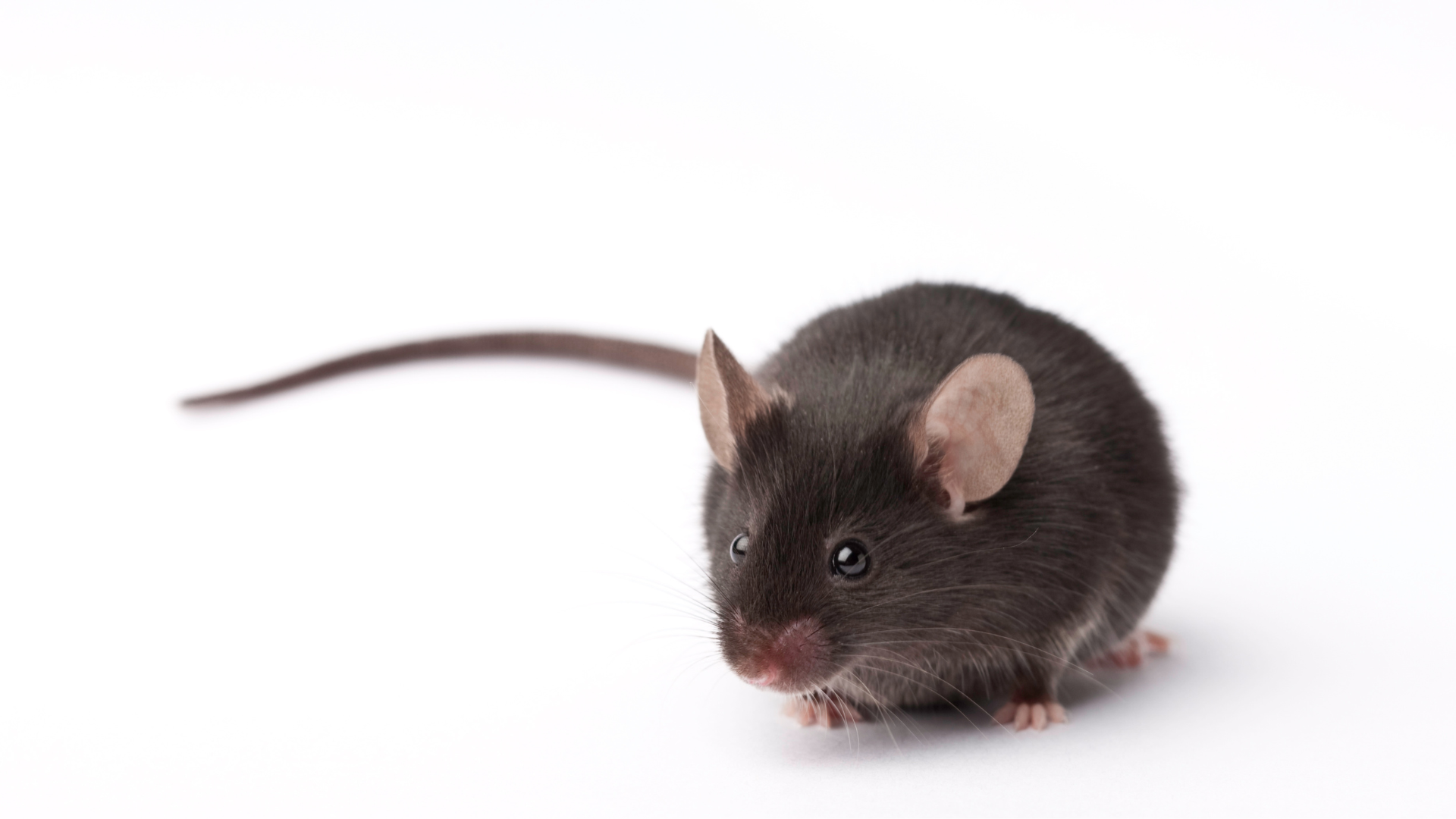Introduction
Breeding laboratory rodents can have many challenges. Low pup yield, high rates of cannibalism, and nonproductive breeders can impact research productivity and facility budgets. To help improve breeding performance, different forms of enrichment and nutrition can be used to ease stress, provide support, and create opportunistic foraging conditions for rodents that mimic their natural environment. These approaches can have varying success depending on the strain of mice, environmental conditions and level of nourishment. In this study, a high fat and protein fortified nutritional supplement specifically designed to improve rodent breeding performance, DietGel® Prenatal, was evaluated to determine its impact on pup yield, pup weight and time to first litter of C57BL/6J mice. When used as a supplement to their normal feed and water, DietGel® Prenatal not only improved litter size and pup weight, but it also decreased the time to parturition.
Protocol
Fourteen C57BL/6J breeding pairs from The Jackson Laboratory were maintained in an AAALAC accredited facility. Mice were placed in Allentown UDEL caging with ALPHA-dri + Plus bedding within a positive pressure 137 sq ft room maintained at 68-75F with a relative humidity of 30-70%. A 14 on/10 off light cycle was used. Cages were changed once per week in a NU602-500 change station using sterile technique. There were daily room checks and spot changes if needed. The breeder pairs were divided into two groups:
- 7 control breeder pairs maintained on irradiated global 19% rodent diet-extruded (Envigo 2919) and had access to autoclaved water.
- 7 experimental breeder pairs maintained on Envigo 2919, autoclaved water and was also supplemented with one cup of DietGel®Prenatal every two days. DietGel® Prenatal was provided from mating through pup weaning.
Males were separated from the females when they were visibly pregnant. The date of parturition, number of pups, pup weights at P7, P14 and P21 and general observations were recorded.
Results
Females on DietGel® Prenatal delivered pups on average 25 days after mating, compared to 27 days for control females (Fig.1). Females on DietGel® Prenatal more consistently produced bigger litters, with an average of 8.4 pups born per litter and 7.7 weaned pups, compared to 6.7 pups born and 5.9 pups weaned for control females. Pup weight was
increased in the DietGel® Prenatal group, with an average weight of 3.89 grams, 7.28 grams and 9.67 grams per pup at P7, P14 and P21, respectively, compared to 3.28 grams, 6.32 grams, and 7.60 grams per pup for the control group (Figs. 2 and 3). Females on DietGel® Prenatal weighed 30.98 grams, 33.46 grams and 31.09 grams at P7, P14 and
P21, while control females weighed 27.89 grams, 30.13 grams and 28.08 grams at P7, P14 and P21, respectively (Fig.4).




Discussion
When used as a supplement, DietGel® Prenatal improved the breeding performance of C57BL/6J mice and produced bigger litters earlier and heavier pups compared to the control group. Pup survival rate also increased from 84% to 91% in the DietGel® Prenatal group. In addition, females supplemented with DietGel® Prenatal weighed more than the control group females. DietGel® Prenatal is specifically formulated with omega 3 fatty acids, vitamins (such as folic acid), minerals (such as iron) and easily digestible protein. The combination of these ingredients provides important nourishment for females and males during mating, pregnancy and lactation. Specifically, omega 3 fatty acids have been shown to improve breeding in male and female mice as well as reduce placental inflammatory cytokines and improve fetal sustainability in C57BL/6 mice. While different strains of mice have different nutritional requirements during breeding, DietGel® Prenatal may offer a unique solution for improving the breeding performance and colony health of C57BL/6J mice and other strains. Further work will be needed to understand the precise mechanisms of how DietGel® Prenatal improves breeding and pup health.

Acknowledgement: We would like to thank the Maine Medical Center Research Institute (MMCRI) animal care team.




Leave a comment
All comments are moderated before being published.
This site is protected by hCaptcha and the hCaptcha Privacy Policy and Terms of Service apply.